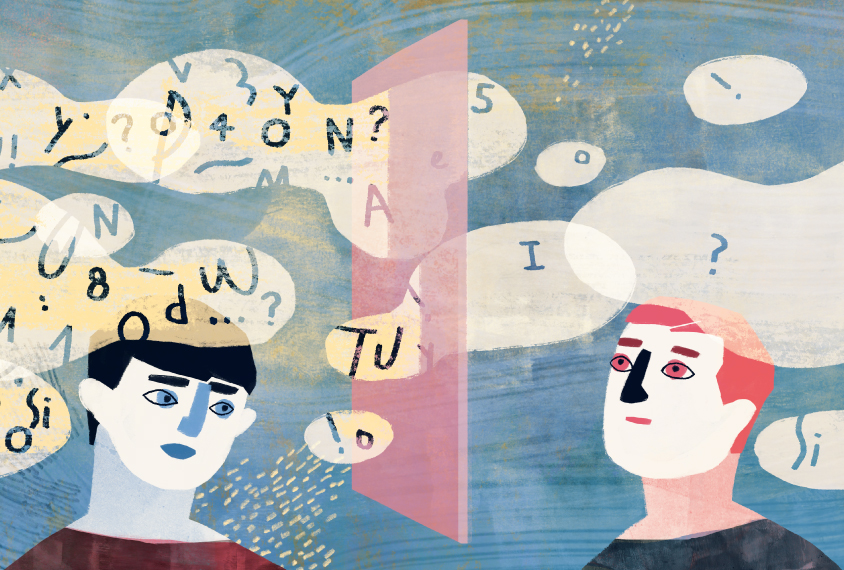Tony Charman
Chair of clinical child psychology
King's College London
From this contributor
Building an autism research registry: Q&A with Tony Charman
A purpose-built database of participants who have shared genomic and behavioral data could give clinical trials a boost, Charman says.

Building an autism research registry: Q&A with Tony Charman
Your questions about the Lancet Commission and ‘profound autism,’ answered
Tony Charman and Catherine Lord answer questions from Spectrum’s webinar on the Lancet Commission’s recommendations for autism research.

Your questions about the Lancet Commission and ‘profound autism,’ answered
Separate thinking skills underlie autism, attention deficit
Theory of mind difficulties are likely to be more central to autism than to attention deficit hyperactive disorder, whereas executive function problems are more often associated with the latter.

Separate thinking skills underlie autism, attention deficit
Tony Charman: Longitudinal studies for autism research
Clinicians and autism researchers should learn the early signs of autism and take into account an individual’s developmental trajectory, says Tony Charman.

Tony Charman: Longitudinal studies for autism research
Explore more from The Transmitter
New autism committee positions itself as science-backed alternative to government group
The Independent Autism Coordinating Committee plans to meet at the same time as the U.S. federal Interagency Autism Coordinating Committee later this month—and offer its own research agenda.

New autism committee positions itself as science-backed alternative to government group
The Independent Autism Coordinating Committee plans to meet at the same time as the U.S. federal Interagency Autism Coordinating Committee later this month—and offer its own research agenda.
Two neurobiologists win 2026 Brain Prize for discovering mechanics of touch
Research by Patrik Ernfors and David Ginty has delineated the diverse cell types of the somatosensory system and revealed how they detect and discriminate among different types of tactile information.

Two neurobiologists win 2026 Brain Prize for discovering mechanics of touch
Research by Patrik Ernfors and David Ginty has delineated the diverse cell types of the somatosensory system and revealed how they detect and discriminate among different types of tactile information.
Shifting neural code powers speech comprehension
Dynamic coding helps explain how the brain processes multiple features of speech—from the smallest units of sounds to full sentences—simultaneously.

Shifting neural code powers speech comprehension
Dynamic coding helps explain how the brain processes multiple features of speech—from the smallest units of sounds to full sentences—simultaneously.